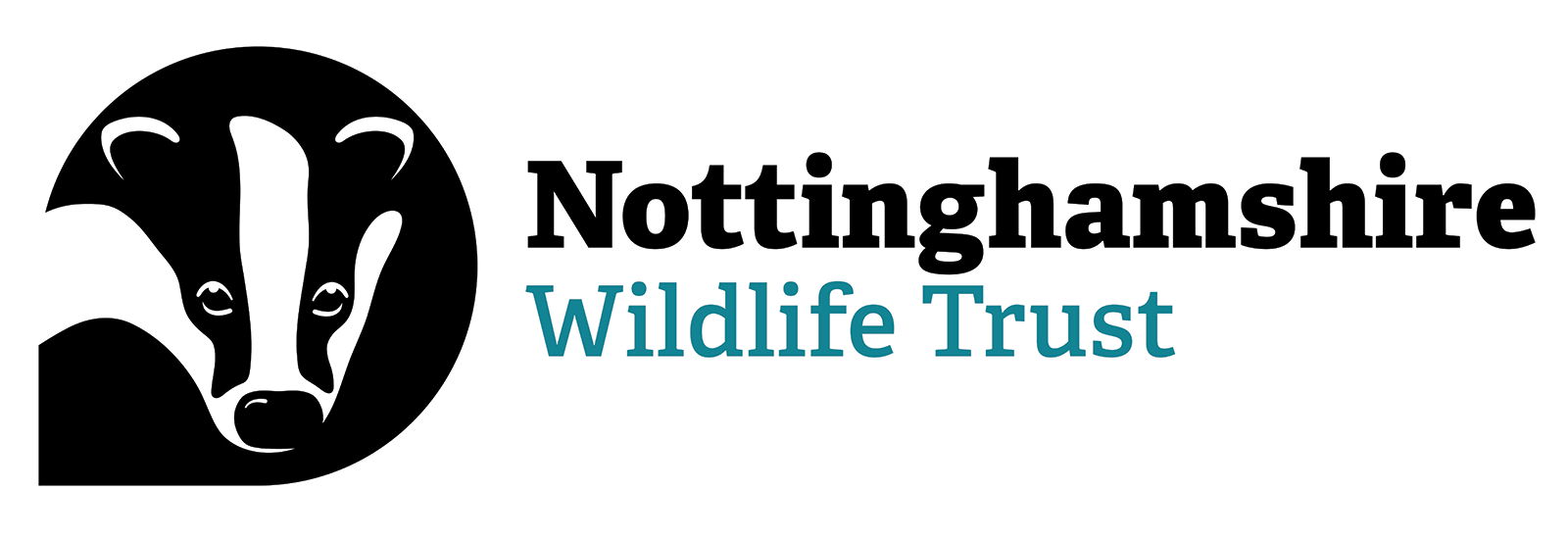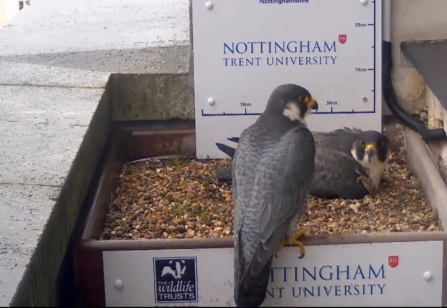
Successful peregrine nest subject to a minor ‘miracle’

Observers following the goings on in a successful peregrine nest situated high on Nottingham Trent University’s Newton Building in Nottingham City Centre have had their fair share of drama since the webcams were launched back in 2012, but the past two weeks have been something of a challenge for avid peregrine watchers.
Viewers anticipating the arrival of the first egg of the season became concerned at the announcement of the mini ‘beast from the east’ weather system - and their worst fears were realised when the egg arrived in the early hours of March 18th, with inches of snow surrounding the nest.
Whilst the weather soon turned more seasonal, observers were concerned when a second egg didn’t arrive as expected around 48 hours after the first. Over the weekend the female seemed to be showing signs of distress and discomfort and fears grew that she may be egg bound and could die.
Nottinghamshire Wildlife Trust, which provides the university with expert advice relating to the bird’s protected species status, was contacted over the weekend to see if they could intervene and rescue the bird, but a decision was taken to let nature take its course. By Sunday afternoon, more than a week since the arrival of the first egg, the situation looked dire and regular viewers prepared for the worst, believing that it would take a ‘miracle’ for the bird to lay the second egg successfully. However, against all the odds, by Monday morning a second egg had appeared – much to the relief of everyone involved.
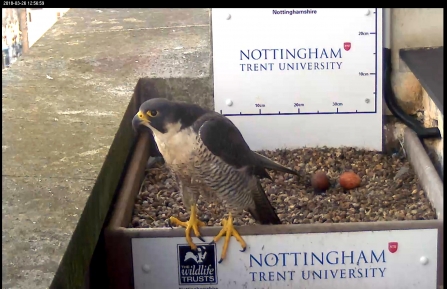
Due to the harsh weather conditions and the fact that the bird had already spent some time incubating the first egg, it is not known if both eggs remain viable – but there is much relief that the female is safe and well.
Speaking about the news Nottinghamshire Wildlife Trust Head of Communications Erin McDaid said:
There is still much to learn about exactly what goes on in a peregrine nest and cameras such as the ones installed by Nottingham Trent University are helping to educate a massive audience about these wonderful birds.
Right up until the weekend we remained hopeful that the cold weather had caused simply the female to abandon the first clutch and she had re-absorbed the second egg. We hoped she would start again when she had regained condition. However, when she became noticeably agitated and uncomfortable on Saturday it looked like the second egg could well be stuck – putting the female in real danger, so it was a big relief to discover that a second egg had been laid on Monday morning.”
Due to the time lag between the eggs, the Trust thinks it is likely that the second egg is in fact the first egg of a new clutch and is eagerly waiting to see if a normal clutch, of three to four eggs, will be laid in the days to come.
Erin added: “These birds really know how to put the wildlife watchers through it. Making the call not to intervene was very difficult but we must remember that these are wild birds and an attempt to catch the female could potentially have caused her further distress with no guarantee of a positive outcome. To find ourselves with two eggs in the nest is such a relief.”
Speaking on behalf of Nottingham Trent University, Environmental Projects Officer Sarah Robertson said: “Over the last 6 years since launching the webcams we have certainly seen a number of events unfold before our eyes with these amazing birds. We know that the weather at this time of the year can pose challenges for the birds as well as the eggs and chicks when they arrive, however they have shown resilience during such challenging times. This year has already been a rollercoaster of emotions for all viewers of the webcam, with the delight of the first egg arriving being followed by the delay of the second egg. The team at NTU along with the rest of the viewers across the world are extremely relieved to see that since laying her second egg, the female is now looking much healthier and we look forward to seeing how many eggs the pair will have this year and following their journey.”
The peregrine family can be followed at NTU Falcon cam
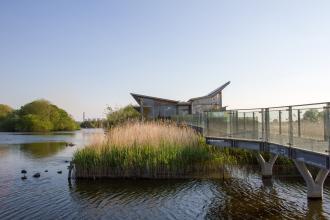
Bank Holiday BBQ planned as popular Nottinghamshire nature centre continues to mark 20th Anniversary
Nottinghamshire Wildlife Trust is gearing up for a three-day BBQ event as part of a range of activities planned for the Bank Holiday…
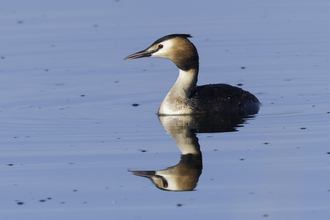
Positive signs that mink control is having an impact
The team behind an ambitious project set up to help control the numbers of non-native mink to help bring threatened water voles back…
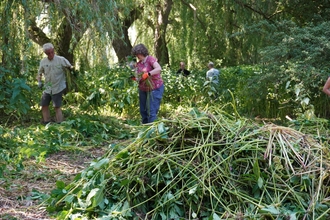
Positive bashing by the community!
Partners team up to take concerted effort to control invasive Himalayan balsam
